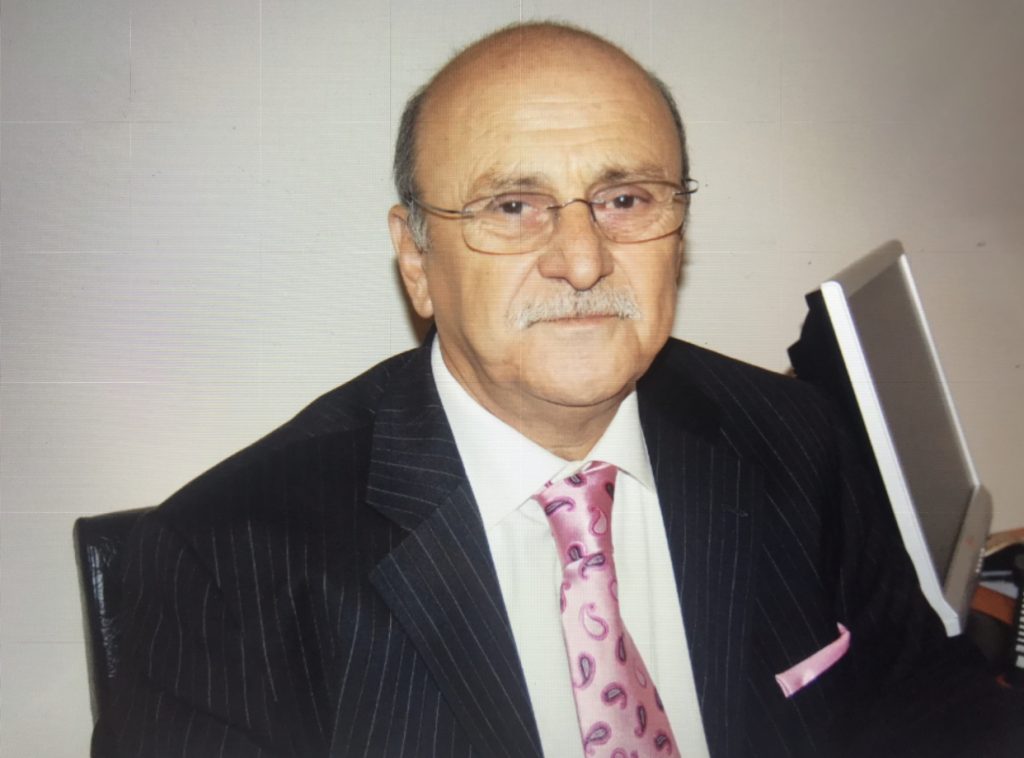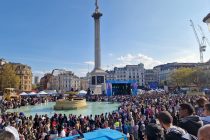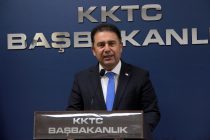There are some people you meet that once you begin to speak you wish the conversation wouldn’t stop, regardless of the topic.
As John Ford said, “You can speak well if your tongue can deliver the message of your heart” and indeed Abdullah Nihat Yılmaz was one of those rare people who conducted his talks with intellect, knowledge, passion and most importantly from the heart.
I met Abdullah Ağabey in 1999. He was already at the time everyone’s ‘Ağabey’ in London. ‘Ağabey’ in Turkish means ‘an older brother or respected big brother/man.’ He was for me and for many others a respected big brother.
My first interview about his life on the theme of migration took place in 2003 and many more were to follow after that. He was one of many people who came to Britain not by choice but out of necessity.
He was here in exile, but later brought over his wife and two sons from Turkey and made this country his home. He continued his political activism and not only focused on Turkey’s politics but also got involved in the politics of the UK.
As a strong trade unionist he continued his political work in order to change the world for the better, to strive for the many. From his young adulthood in Turkey until his last days in the UK, he was a leftist revolutionary.
Abdullah Nihat Yılmaz was born as a son of a farmer in Fatsa, a town in Ordu Province, Turkey, in 1941. His childhood was spent working in the fields and going to school.
Although his grandfather and great grandfather were respected Imams in the Fatsa-Bozcadağı village, Abdullah Nihat Yılmaz went on to the Kuleli Military School in Istanbul and was commissioned as an officer in the Turkish Army.
However, due to his political activism, he was barred from continuing his military career in 1963 and was handed down a 15 year prison sentence. He was set free after serving three and half years of his sentence.
In 1967, he started working for the National Turkish Radio and Television (TRT) as a programme producer in Ankara, where he remained for five years until 1972. He continued his political activities outside of TRT, which led to him losing his role as a programme producer. Once again, he was arrested and ended up serving another prison sentence, this time for two and half years until 1974.
He became the secretary of the Miners Trade Union for two years and then the representative of the Turkey Mine Workers’ Unions until the military coup in 1980. He went on the run from the authorities when he discovered they had an arrest warrant out for him.
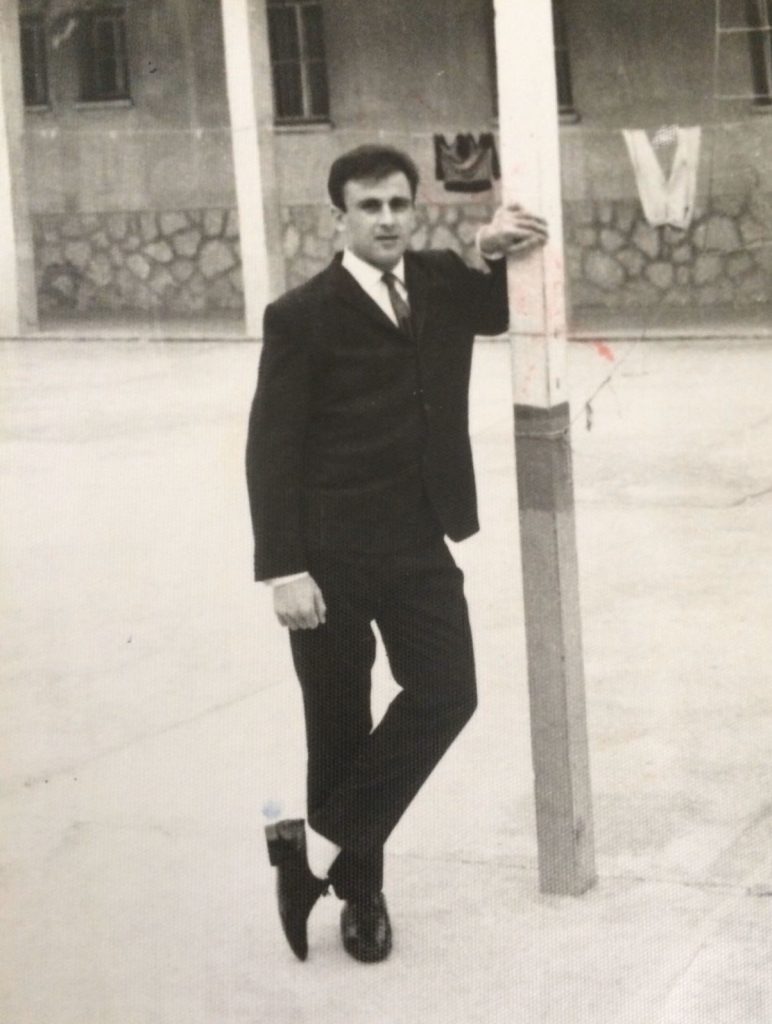
After the coup d’état, he decided to leave Turkey for good. He first travelled to Bulgaria, and later to Germany. He eventually arrived in Britain in 1982.
After his arrival in the UK, Abdullah Nihat Yılmaz worked for many years as a teacher and later opened a restaurant, which he ran with his wife. Due to his advancing years, he passed the business on to his eldest son.
He described himself as an ‘anti-imperialist’ and would always say, “One has to analyse a society as a whole with its history and culture.”
He was a strong believer in the reforms of the founder of the Turkish Republic Mustafa Kemal Atatürk and tried to explain the importance of the principles of the reforms in his life through his writings, talks, lectures, teachings and seminars.
With huge enthusiasm and passion he would set out how the reforms of Atatürk enlightened Turkey in the 1920s and helped place it once again on the world map as a powerful country.
For over 23 years he was an honourable member of the Atatürk Society in the UK. To Abdullah Ağabey it was of great significance to take responsibility to protect the reforms of Atatürk, in all aspects of life, as he adored Atatürk – the archetypal anti-imperialist.
Although he concentrated his entire life on the political situation in Turkey, he also made Britain his home and continued his political struggle in England.
From the very first day that he set foot on British soil, he was immersed intellectually in the UK’s political scene too. He would say that ‘the intellectual environment moulds you over time, and that where you live and work, and your intellectual productivity are crucial’.
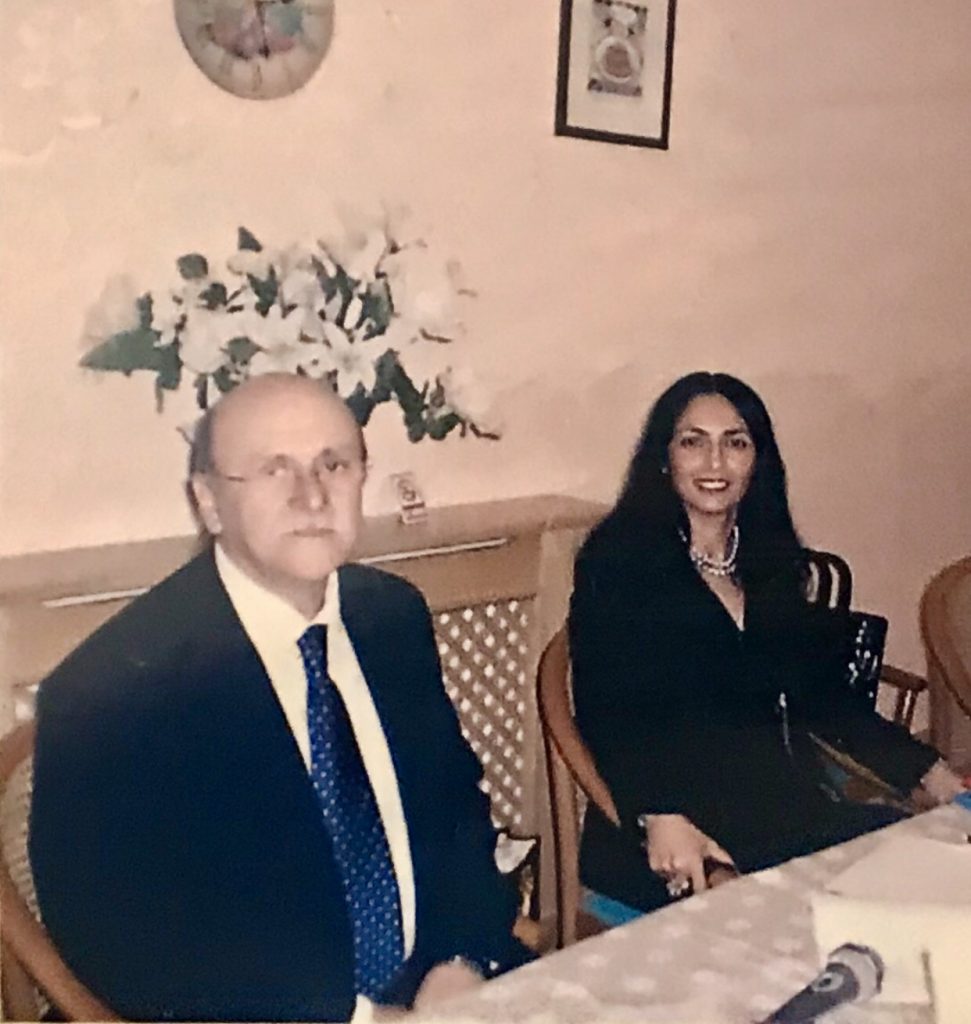
In one of his interviews, he had remarked that his intellectual productivity was greater here in the UK than in Turkey. He regularly examined the differences between the two intellectual worlds, and how the gap widened according to the levels of productivity.
Productivity was very important for Abdullah Nihat Yılmaz especially if someone leaves their country of birth and settles someplace else. He always said that if someone who wants to function fully in a society they live in, he/she must be productive in order to survive the feeling of the ‘alien or foreign place’.
He strongly believed that one must be involved in the wider society as a whole to be able to overcome the feeling of ‘not belonging anywhere’ positively.
He followed the art world not only in this country, but also from around the world and wrote articles on exhibitions, artists, writers, folklore, musicians and most importantly on literature.
He played a key role in setting up organisations within the Turkish community from education to the arts. He believed that a positive influence on the Turkish community in London was necessary and the older generation had to play an important role, helping to provide good prospects for future generations.
Abdullah Nihat Yılmaz worked endlessly to become a voice for the people who are underprivileged, excluded and vulnerable. He intelligently mastered this not only as a theorist, but also in practice.
He was always at the forefront of a strike, demonstration or a protest.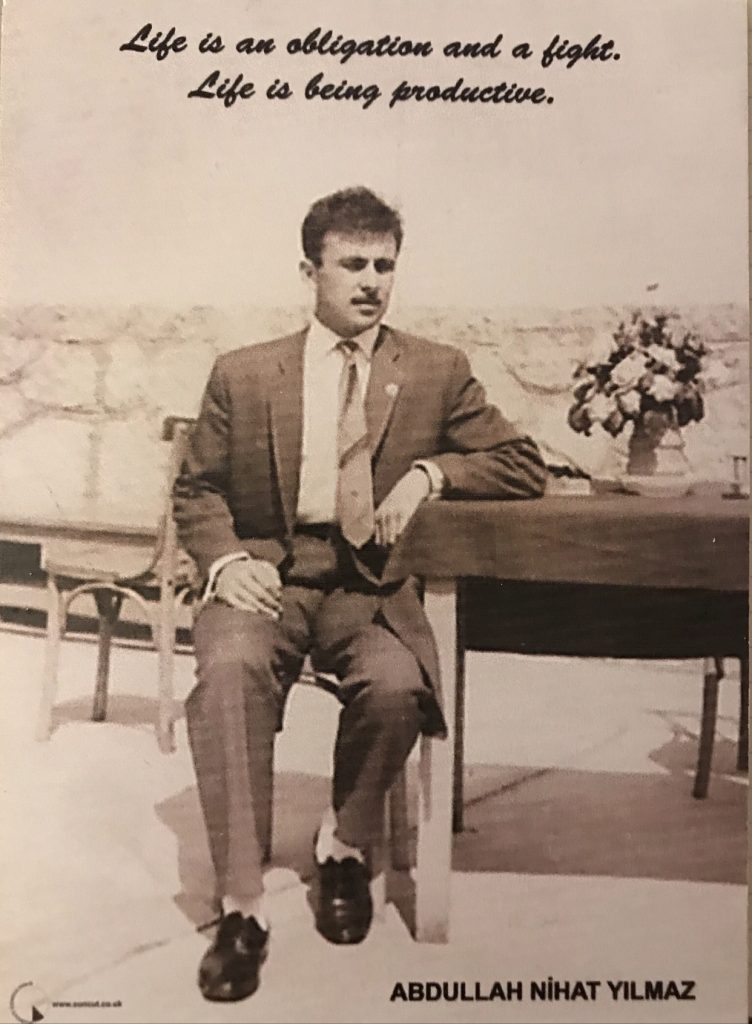
Words are not enough to explain the importance of Abdullah Ağabey. He was ‘a real gentleman who contributed more to the world than he took out’, to paraphrase a famous quote by George Bernard Shaw.
Abdullah Ağabey was a gentleman in the good old-fashioned sense too. He always wore a fine suit and matching tie and handkerchief. From the first day I met him all those years ago, I cannot recall a single time when I saw him in a t-shirt, jumper or sweater.
When I asked him once about it, he simply answered, “It’s showing respect for others”, before adding “of course, not forgetting that it’s all the effort of my dear wife.”
London’s Turkish community will miss Abdullah Nihat Yılmaz dearly; we will all miss him immensely.
He left a deep mark wherever he went, and with whatever he did. That mark, this legacy, this knowledge, this love, this sacrifice in the name of activism for justice and equality that he leaves behind will be here in Britain, with us forever more.
He epitomised ‘hope’ with a huge smile. His smile will not be forgotten, nor his vital words, “Life is an obligation and a fight!”
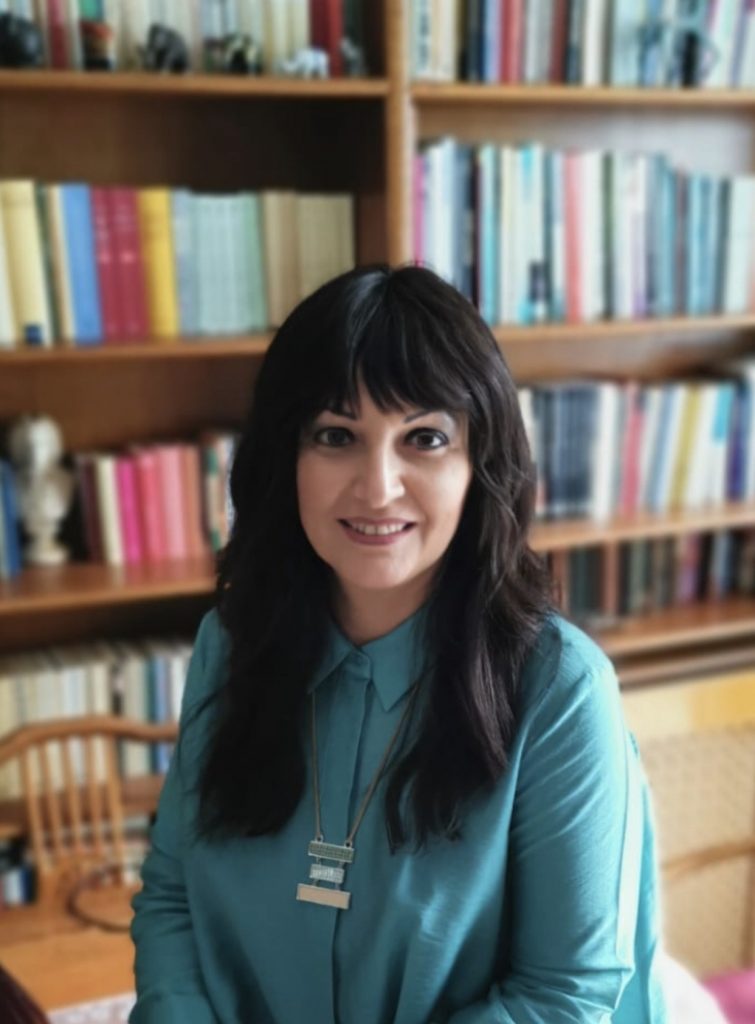
Abdullah Nihat Yılmaz is survived by his loving wife, two sons, two daughter-in-laws and five grandchildren.
Abdullah Nihat Yılmaz, born Fatsa in 15.12.1941, died in London on 1.1.2021.
Semra Eren-Nijhar is an author, sociologist, documentary film maker & policy consultant on diversity, migration, Turkish people living in Europe and the Executive Director of SUNCUT.
RELATED ARTICLES


